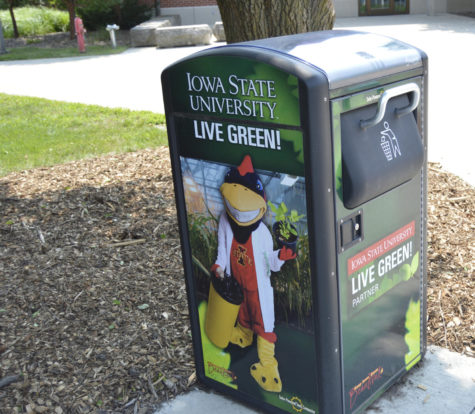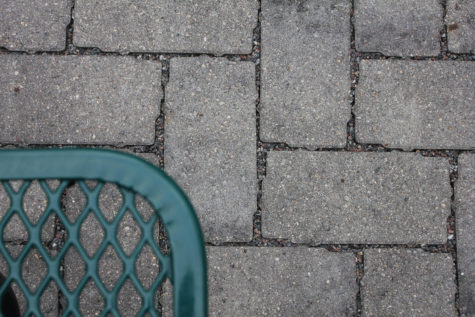ISU students influence sustainability policies
April 29, 2012
Some ISU students have decided to take their ideas about sustainability off campus.
Students such as Samuel Bird, senior in global resource systems, have started on their way to influencing policies by attending conferences such as the U.N. Commission on Sustainable Development through organizations like the International Association of Agriculture Students.
The two-week conference took place last year in May at the U.N. headquarters in New York. Here, Bird and his fellow ISU students participated in negotiations for sustainable development by following and discussing policy options with government delegates from U.N. member states.
This June, students will be attending another conference known as Rio +20, the U.N. Commission on Sustainable Development. They will travel to Rio de Janeiro for the 20th anniversary of the original U.N. Commission. The group of ISU students attending have worked hand in hand with other young people across the globe in preparation for the conference.
Rio +20 will focus on a green economy by poverty eradication and sustainable development. To better prepare themselves for the conference, university students in global resource systems recently took a Rio +20 class taught by Bird and fellow senior Sagar Chawla.
“Science is easy, people are tough,” Rio +20 supervising teacher John MacDonald had to say about the goal of the class.
Outside of the classroom, another group is also preparing to send students to the Rio +20 conference. The student-led group, Students on Ice, has put together a platform and is in the process of receiving a presentation spot in the conference.
Students on Ice plans to address the environmental, economic and social challenges that are facing the polar regions by encouraging long-term sustainability through education and collaboration with groups such as the Major Group for Children and Youth.
Students on Ice has inspired many students, including junior in environmental science and political science Alexandra Gustafson, who joined the group because it allowed her to advocate and become engaged as a young adult. The group hopes the voices of students will have a rejuvenating effect on the delegation and result in benefits to the earth, increased arctic protection and the eventual eradication of poverty through sustainability.









